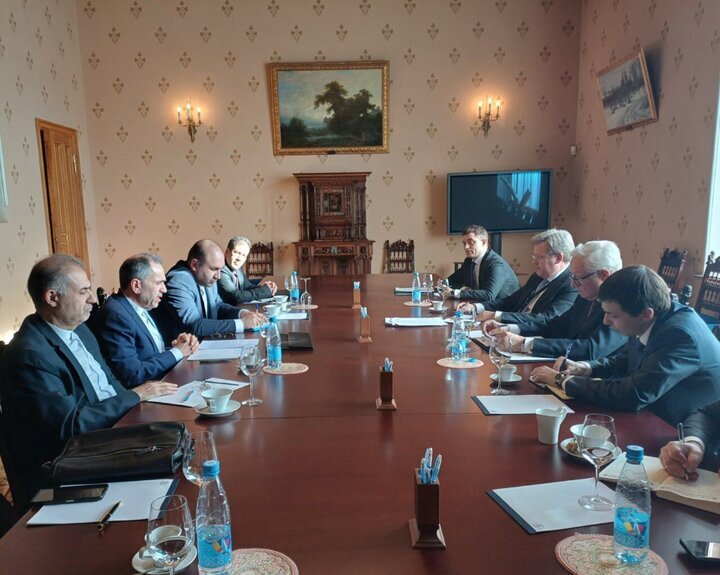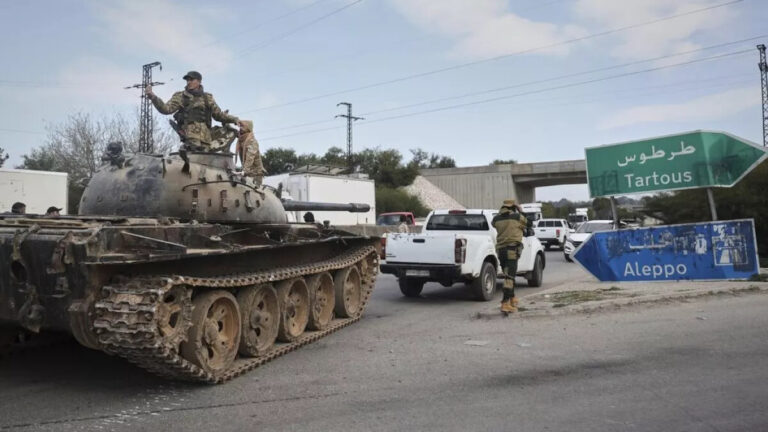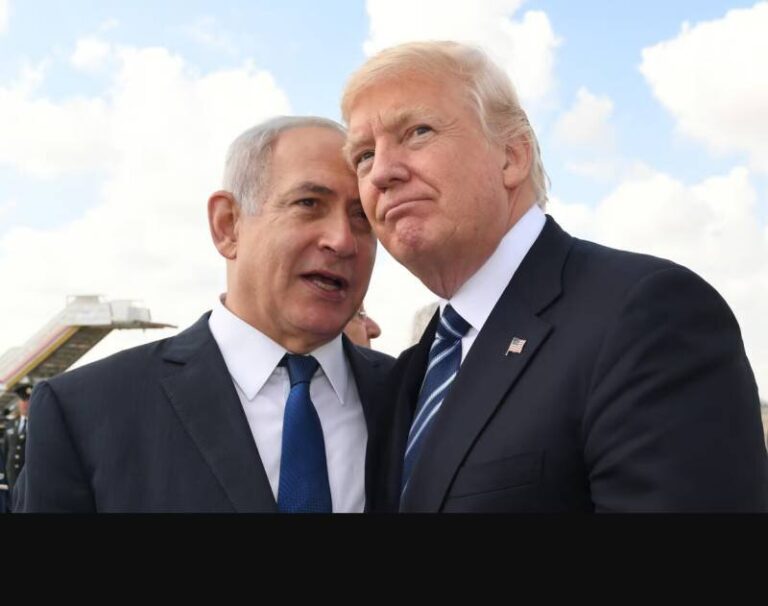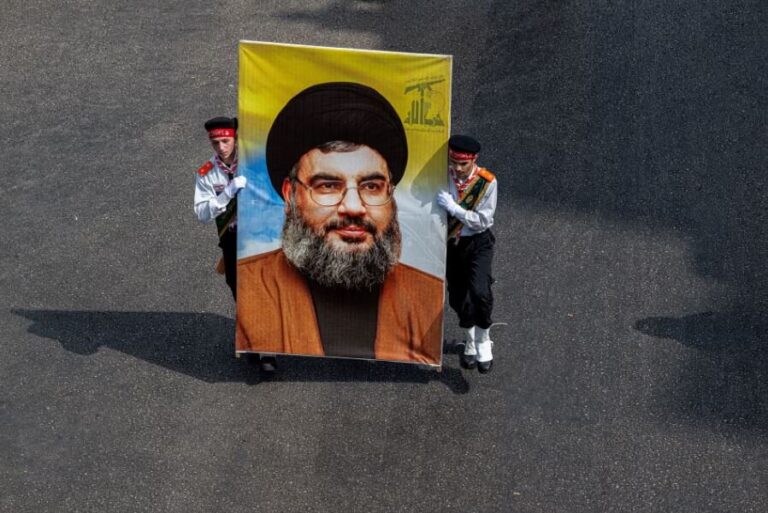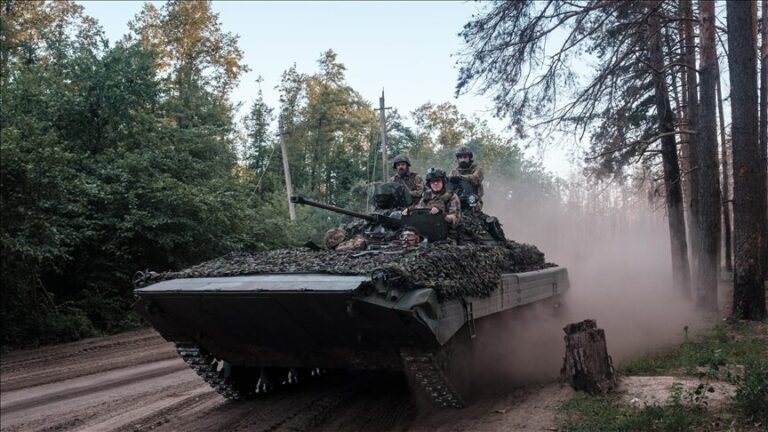Exploring the Pope’s Global Diplomacy: A Deep Dive into His Foreign Policy Strategies
Following the passing of Pope Francis on April 21, the global community reflects on his profound personality traits, such as his humility and humor. However, his significant contributions to Vatican diplomacy will be his enduring legacy. This article delves into Pope Francis’s unique diplomatic approach and the implications for his successor in continuing to promote the church’s mission of compassion, justice, and peace.
Pope Francis’s diplomatic legacy is characterized by a distinctly independent approach that diverged from traditional reliance on Western capitals. His tenure saw the elevation of Catholic leaders from nations previously underrepresented in the church’s governance structure. This method, which is both pragmatic and aspirational, has fortified Vatican diplomacy globally. The next pope must harness the goodwill accumulated during Francis’s papacy to further the church’s objectives.
Looking Outward: Francis’s Diplomatic Priorities
One of the most remarkable examples of Pope Francis’s diplomatic endeavors was his extensive 12-day trip through Indonesia, Papua New Guinea, Timor-Leste, and Singapore in September. This journey underscored several of his diplomatic priorities:
- Interfaith Relations: Francis aimed to improve ties between the Catholic Church and the Muslim world, particularly Sunni Islam. His predecessor, Pope Benedict XVI, had strained these relations due to controversial remarks.
- Mending Fences: Francis successfully established a productive friendship with Grand Imam Ahmed al-Tayeb, culminating in a landmark agreement in Abu Dhabi in 2019.
- Promoting Religious Coexistence: During his visit to Indonesia, the world’s most populous Muslim nation, he praised the country’s approach to interfaith dialogue.
Francis’s focus on making the Catholic Church less institutional and more missionary-oriented was evident in his appointments to the College of Cardinals. He selected leaders from 25 countries that previously lacked representation, thereby expanding the church’s reach beyond its traditional Eurocentric base. Notably, this included countries such as Papua New Guinea, Singapore, and Timor-Leste.
During his papacy, Francis visited 13 Asian countries and nine in Africa, significantly increasing the church’s presence in regions where Catholicism is growing. Timor-Leste stands as a prime example, with the Catholic population soaring from 20% to 95% during the Indonesian military occupation. His mass attracted nearly half of the country’s 1.3 million residents, illustrating the church’s profound influence and relevance.
A Multipolar Vision for Global Diplomacy
Pope Francis conceptualized the globalized world as a polyhedron, emphasizing the importance of preserving diverse identities while fostering unity. He admired Singapore’s commitment to maintaining neutrality amidst geopolitical conflicts and sought to enhance Vatican diplomatic efforts with China, a relationship fraught with mutual suspicion prior to his papacy.
- Initiating Dialogue: On the first day of Francis’s papacy, he congratulated Xi Jinping, which initiated a series of diplomatic overtures between the Vatican and China.
- Joint Appointments: After extensive negotiations, the Vatican and Beijing reached a provisional agreement in 2018 on joint appointments of bishops, a significant breakthrough in Catholic-Chinese relations.
- Persisting Through Challenges: Francis instructed his diplomats to maintain communication with their Chinese counterparts, even during setbacks, which eventually led to key diplomatic advancements.
The Vatican’s renewed engagement with China was prominently displayed during a centennial conference in Rome, highlighting the historical ties between the church and Chinese Catholicism, while also addressing contemporary issues facing Chinese Catholics.
Controversies and Challenges
Despite facing criticism, particularly from the U.S. government, for his diplomatic stance toward China and the war in Ukraine, Pope Francis remained steadfast in his approach. He emphasized the need for peace and reconciliation over sanctions and sought to strengthen relationships with the Russian Orthodox Church, further highlighting his commitment to interfaith dialogue.
Francis’s views on the Ukraine conflict were particularly nuanced. He refrained from vilifying Russia, instead characterizing the situation as a tragedy of “fratricide” among Christians. His criticisms were directed at arms manufacturers and geopolitics rather than specific national leaders.
The Future of Vatican Diplomacy
Pope Francis’s impactful diplomacy revitalized the Vatican’s role in international relations. He expanded the Vatican’s diplomatic apparatus and appointed cardinals in conflict zones, such as Syria and Jerusalem, to enhance peace efforts.
- Empowering Local Leaders: By appointing cardinals in predominantly Muslim and Buddhist countries, Francis aimed to bolster small Catholic communities and interreligious dialogue.
- Continuity of Vision: Cardinal Pietro Parolin, a key architect of Francis’s foreign policy, is among the candidates to succeed him, which could ensure continuity in Vatican diplomacy.
- Global Representation: The next pope may continue Francis’s legacy of elevating leaders from the global South, reflecting the church’s broader mission.
As the conclave prepares to elect a new pope, the 135 cardinals, many appointed by Francis, are poised to choose a leader who may continue his innovative diplomatic strategies. With Francis often referred to as the “pope of surprises,” the world eagerly anticipates the next chapter in Vatican diplomacy.
In conclusion, Pope Francis’s legacy is marked by a commitment to inclusivity, interfaith dialogue, and a redefined global perspective. His successor will face the challenge of maintaining this momentum in a complex and ever-changing world.

